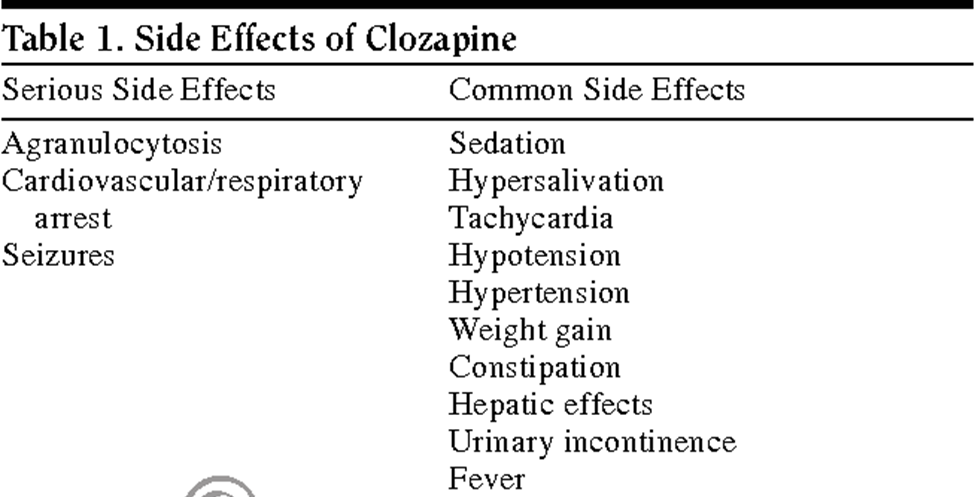A client diagnosed with obsessive-compulsive disorder is admitted to a psychiatric unit. The client has an elaborate routine for toileting activities. Which would be an appropriate initial client outcome during the first week of hospitalization?
The client will substitute a productive activity for mats by day one
The client will refrain from ritualistic behaviors during daylight hours.
The client will participate in the unit activities by day three
The Client will wake early enough to complete rituals prior to breakfast
The Correct Answer is B
A. The client will substitute a productive activity for rituals by day one: This outcome may be challenging to achieve within the first day, and it is important to set realistic goals. Moreover, focusing on substituting a productive activity might not address the immediate need to reduce ritualistic behaviors.
B. The client will refrain from ritualistic behaviors during daylight hours: This is an appropriate initial outcome. It acknowledges the challenge of completely eliminating rituals but sets a realistic goal of refraining from these behaviors during daylight hours. This allows for gradual progress without setting unrealistic expectations.
C. The client will participate in unit activities by day three: While participation in unit activities is a positive goal, it may be too optimistic to expect this within the first three days, especially considering the severity of obsessive-compulsive disorder symptoms.
D. The client will wake early enough to complete rituals prior to breakfast: This goal does not promote a reduction in ritualistic behaviors; instead, it may reinforce and accommodate the rituals. The aim of treatment for obsessive-compulsive disorder is to reduce the impact of these rituals, not to support them.
Nursing Test Bank
Naxlex Comprehensive Predictor Exams
Related Questions
Correct Answer is A
Explanation
A. Maintain consistency of care by open communication to avoid staff manipulation: This is the correct answer. Borderline personality disorder (BPD) clients may engage in splitting behaviors, which involve polarized views of staff as either all good or all bad. Maintaining consistency of care and open communication can help prevent manipulation and ensure fair and transparent interactions.
B. Maintain unit order by the application of autocratic leadership: Autocratic leadership, characterized by a top-down approach with limited input from others, may not be the most effective strategy in this situation. It may lead to resistance from clients and potentially escalate the conflict.
C. Allow the clients to apply the democratic process when developing unit rules: While democratic processes are generally beneficial, allowing clients to unreasonably demand modifications of unit rules without considering the overall impact on the therapeutic environment may not be appropriate. It's important to balance client involvement with maintaining a structured and therapeutic milieu.
D. Allow the client spokesperson to verbalize concerns during a unit staff meeting: While it's important to provide a platform for clients to express concerns, allowing a spokesperson to verbalize concerns during a staff meeting should be done in a manner that maintains order and follows the therapeutic goals of the unit. It should not involve unreasonably demanding modifications without a careful consideration of the impact on the overall treatment milieu.
Correct Answer is A
Explanation
A. WBC count 3,300/mm³.
Clozapine, an atypical antipsychotic medication, is associated with a risk of agranulocytosis, which is a severe reduction in white blood cell (WBC) count. A WBC count of 3,300/mm³ is significantly below the normal range, and it indicates a contraindication to the use of clozapine.
B. Asthma:
Asthma is not a contraindication to clozapine. However, it is important to monitor respiratory function as antipsychotic medications can have side effects related to respiratory function.
C. Hypertension:
Hypertension alone is not a contraindication to clozapine. Clozapine can, however, be associated with some cardiovascular side effects, so blood pressure should be monitored regularly.
D. Fasting blood glucose 120 mg/dL:
An elevated fasting blood glucose level is not a contraindication to clozapine. However, it is important to monitor metabolic parameters as antipsychotic medications, including clozapine, can be associated with metabolic side effects.

Whether you are a student looking to ace your exams or a practicing nurse seeking to enhance your expertise , our nursing education contents will empower you with the confidence and competence to make a difference in the lives of patients and become a respected leader in the healthcare field.
Visit Naxlex, invest in your future and unlock endless possibilities with our unparalleled nursing education contents today
Report Wrong Answer on the Current Question
Do you disagree with the answer? If yes, what is your expected answer? Explain.
Kindly be descriptive with the issue you are facing.
